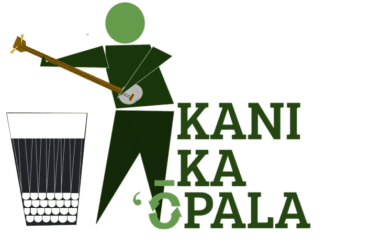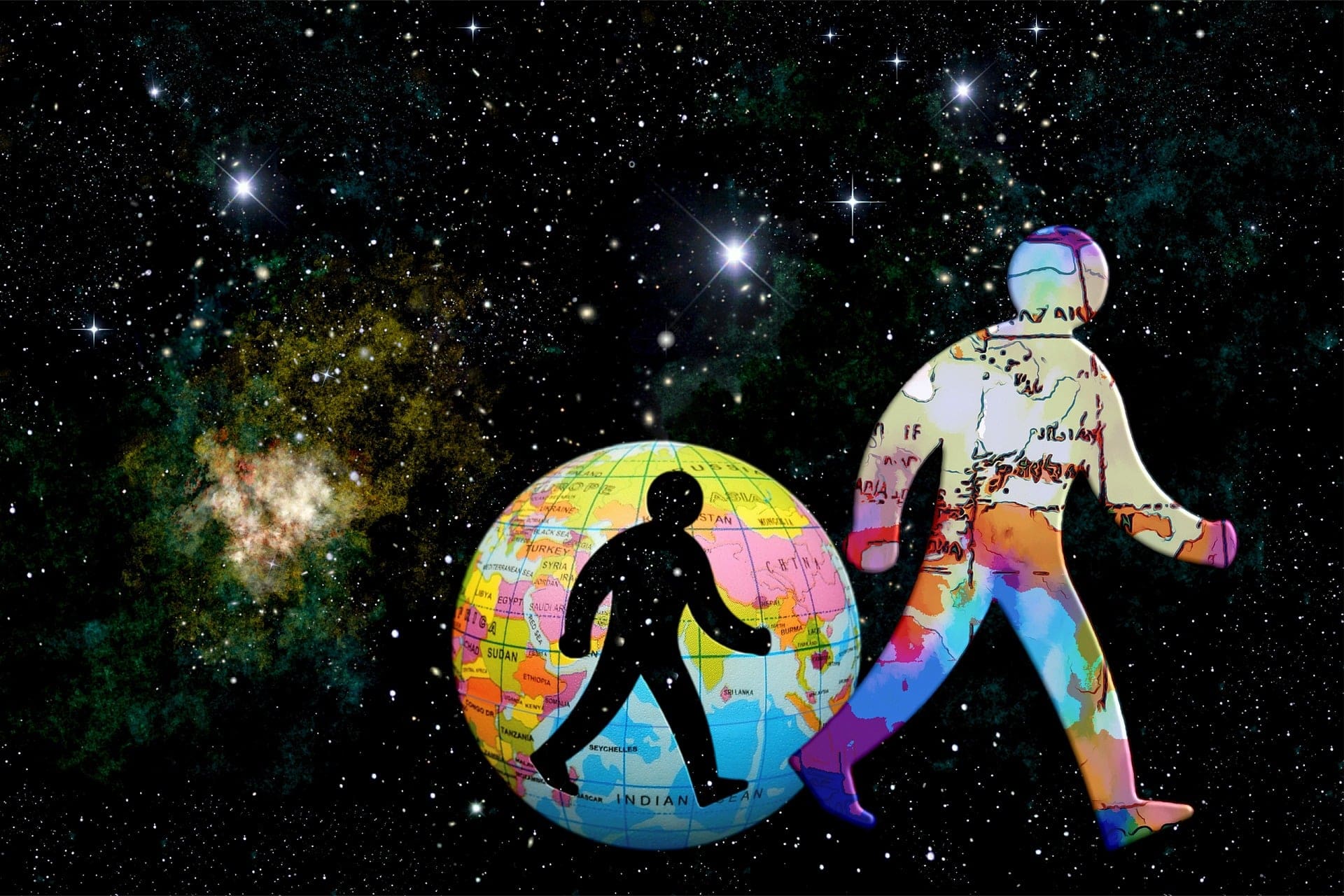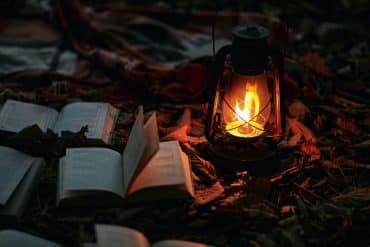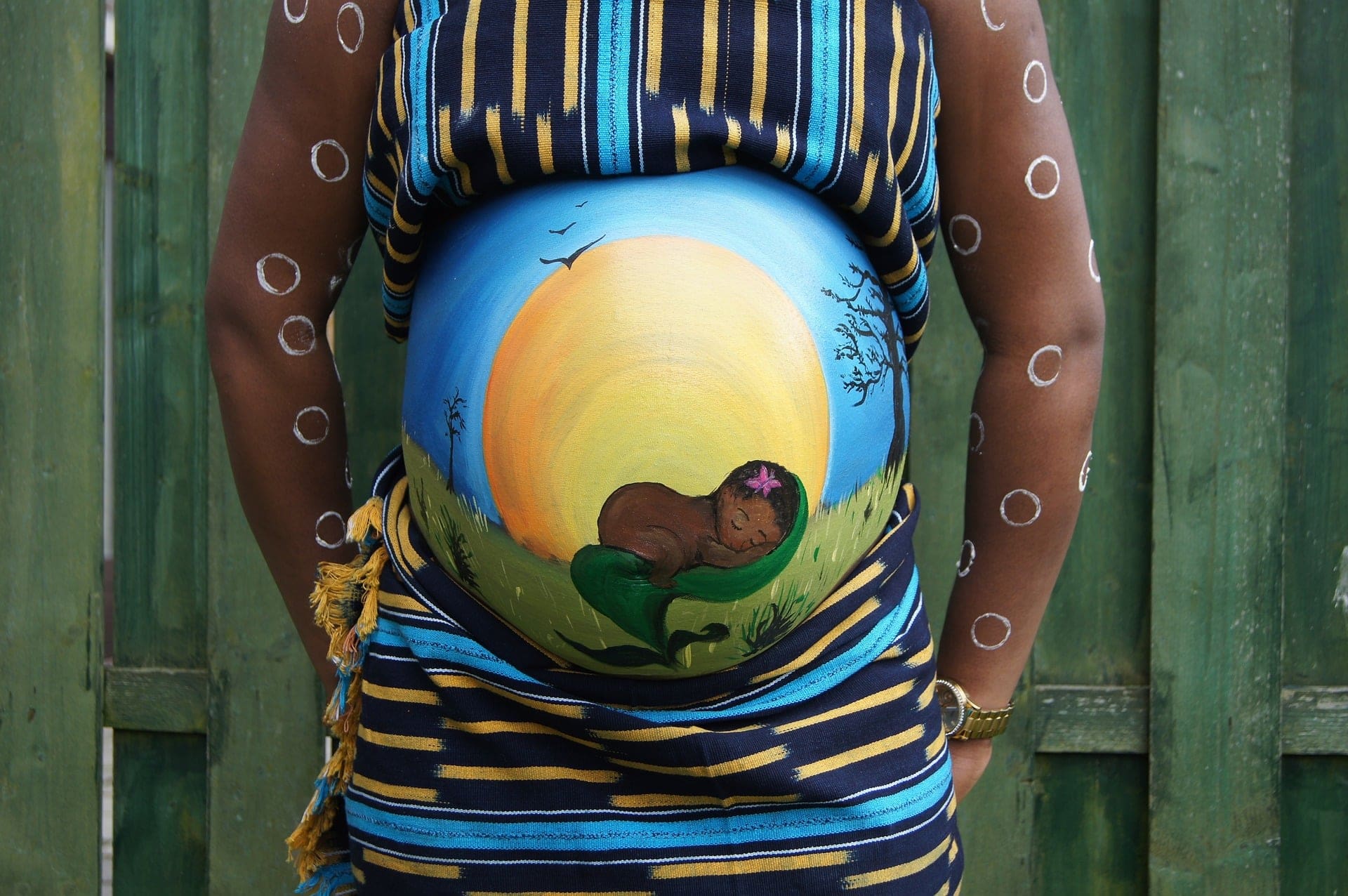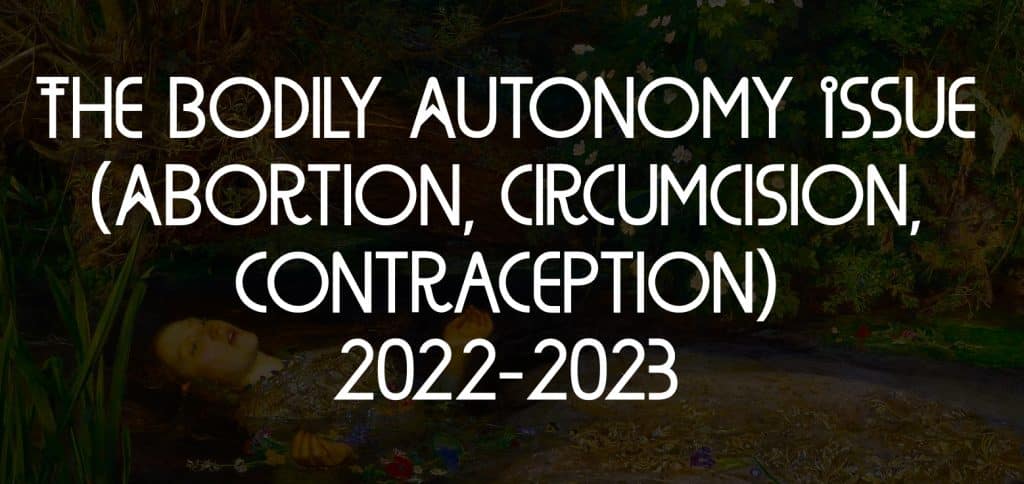Autoethnographic Poetry on Bodily Autonomy: Watch the Womb
Author’s Memo
“What’s past is prologue” (William Shakespeare). In The Tempest, Shakespeare writes and effectively utilizes this phrase to drive earnestly home that history indeed reasserts its fickle refrain in current times. In his play and across time, cultural examination and research has shown this to be true even as it relates to personal autonomy. This autoethnographic poetry is born of my personal experience and witness, as well as currently chronicled and ancestral lore. In addition to this, my personal and cultural lenses as a woman of color who matriculates and interacts within a variety of circles and finds herself in a diversity of difficult intersections equip me to reflect on the factors that influence many aspects of my being, as well as those with ways of being similar to mine.
As a result of these personal, cultural, national, and even worldwide realities, I have come to recognize the importance of voice throughout the width and breath of literary expression particularly as it relates to social justice and bodily autonomy. The three poems included in this submission reflect what, in this time, I perceive to be a historically reoccurring loss of control.
My first poem, “Watch the Womb,” starkly reflects not only on my own particular concerns as a woman, but the massive outcry that occurred upon the return of abortion rights to the states; in this, the US Supreme Court rendered millions of women almost legally powerless to make their own choices regarding not only the choice to reproduce, but also their decision to prioritize their own lives over the development of thier unborn. This poem also offers stark warning of an increasing trend to limit freedoms, bodily and otherwise, to people of marginalized groups.
The second poem, “Deeper…Further…Back,” offers a poetic snippet of the collective memory of women, and historically assesses from where these issues may have stemmed. The origin story of this poem comes from qualitative accounts of family members, narratives of women in history (particularly oppressed women of color), and the experiences related through writings and discussions of post-secondary students. The ideas in this poem reflect the legacy of oppression in several areas of life and ultimately, the voice in the poem connects this legacy to her current assessment of self.
Finally, the third poem, “myth as latter life,” draws upon “Pandora’s Box” to set the stage of the revisiting of diminished autonomy and liberties. It asserts that what we currently are experiencing regarding the losses of autonomy and basic human rights is reflective of a continuing cycle except that in this time, the lid to contain our box of ills is lost. Ultimately, the voice in this poem insists that more and different approaches will be required for redemption. Therefore, we are charged to create stronger measures to bring us beyond this fear and fervor.
While these works reflect my encounters and observations, ultimately they also urge us to consider a past chocked full of miseries and reminds the reader that to cry is not enough. In history, cross-application and introspection is crucial in asserting laws and interactions that better the lives of the individual as well as society. To ignore this reality only creates greater chasms of disparities, resentment, ineffective and self-serving legislation, and ultimately violence, despair, and death.
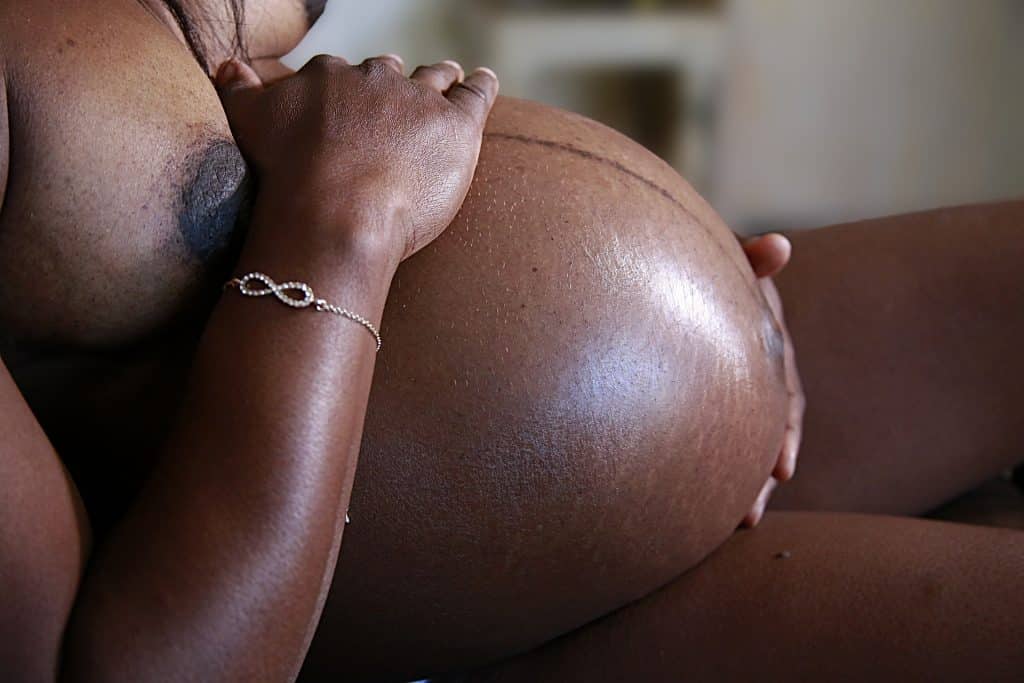
Watch the Womb
6/24/2022
Watch the Womb
wounded by five loathsome hands
gavels stretched forth
pointing, grasping, mocking
stripping the girl, the woman, of choice
naming themselves “Gods of All” wombs
these New Day Constructors of Tombs
Watch the Womb
that bears the joy and the violence, the weight of all that grows, all that enters in, all that presses down on every side, yet in her born possessor’s mouth no longer resides
bodily right nor consent
Watch the Womb
that which is coveted by the will of the robed
who have no desire to even empathize nor possess fairly informed framework
with which to think
They, that drum heavy fingers
roll resolute heads and sigh
and sign scrolls of condemnation
and death warrants to those
who live in The Now
that breathe in
then out
Watch the Womb
Shrinking in abject fear as rough
hands snatch her near
her rights as crumpled as
the hard fought protections
pages of care are
shredded and tossed
Watch the Womb
and wonder why it is so coveted
yet so villified
and feel as it recognizes
that it will not lie on the altar alone
Love, Education, History, Equality, Equity
will soon make that fiery shrine its home
She becomes a herald who cries, cautions “There will be more!”
Watch the Womb
Cry
Remember who did her wrong
dry your tears and then
from your lips and actions
employ urgent and passionate
Dissent
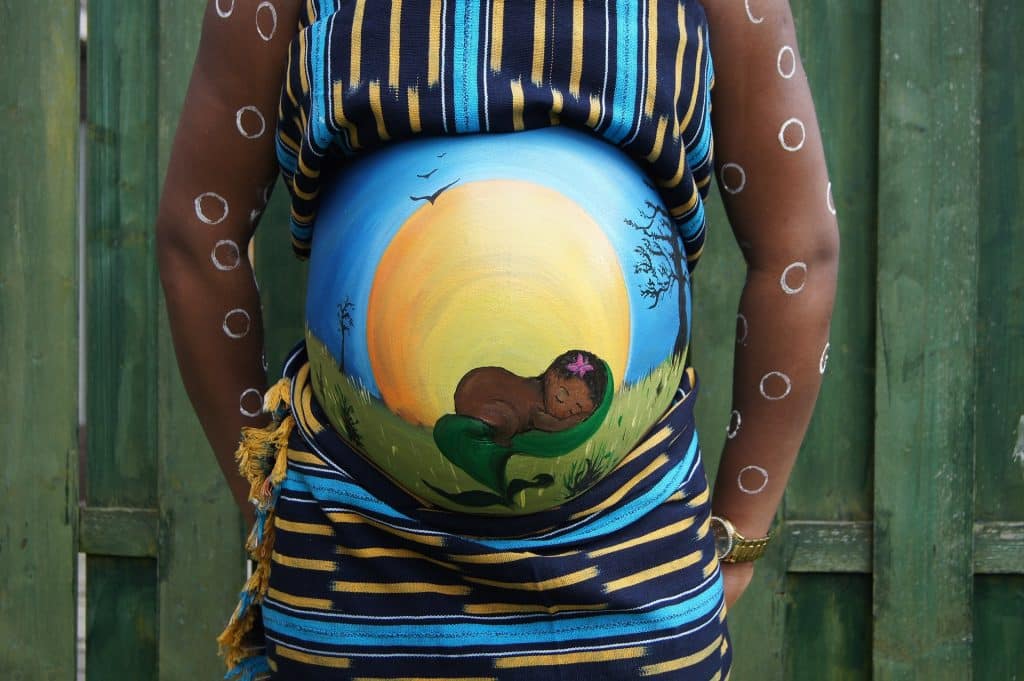
Deeper…Further…Back
A woman’s tale
Starting here
going deeper
down deeper
Past petty
small sadness
Past last cursing
self-cursing
Steadily looking
Further deeper
Lower torture
Years before
Auto-maiming
Mental maiming
lived the renamed
formerly named
shame named
love named
birth named
ancient names
Buried bones burrowing
deeper in scorched earth
Back before
Pulled bellies
Stretching hanging
Distorted jelly
Roads back
Time back
Lives back
Back before
when simple
never was simple
Lost time
Long time
Dark hearts
made darker times
Before then…
Before then…
When was it?
What trauma-
skinned knee
changed us?
Changed me?
What wordless words
blamed me?
Why won’t they
release me?
Look further back, Woman
Woman before…
Woman before…
Woman before…
Interference
everywhere
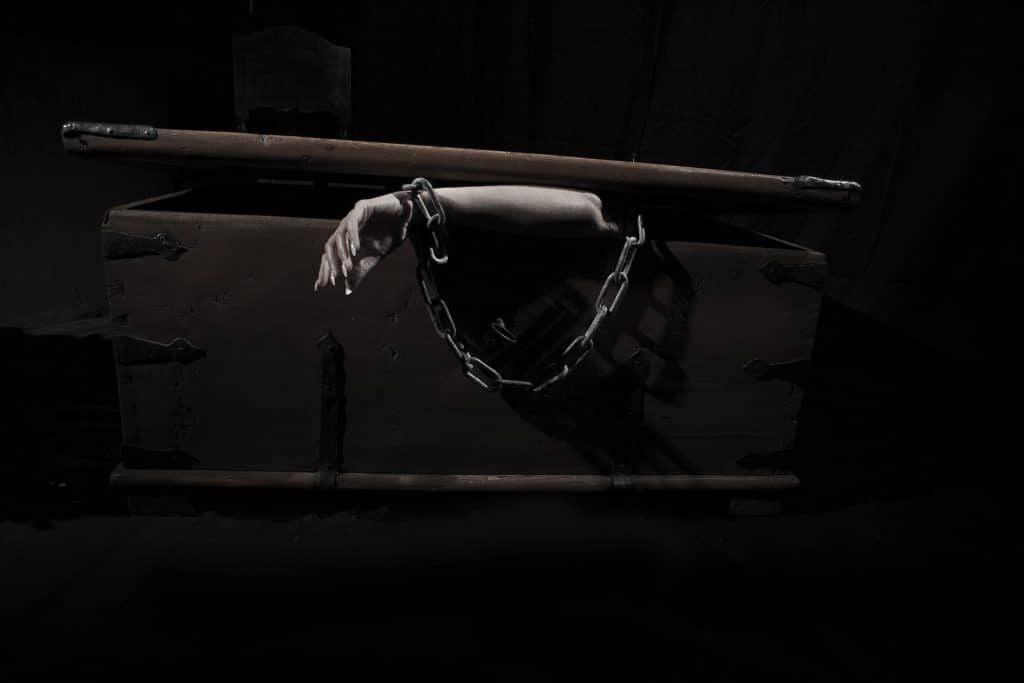
myth as latter life
Pandora revisited
box flung wide
out crawls the solid form of
what has been living
as essence
as whisper
as rumor
as silent talk in corners
it puts on clothing garish red
calls it ‘blood o’ Jesus’ and paints
it across the annals of a familiar menacing history that births
again and again
and it boldly announces an
‘extra coming’
we watch wince feel
the latter day mist shards descend as we silently erroneously patiently dangerously wait for it to dissipate that we might welcome our solemn rain of reason
back again
again
but fleshed out fear and rage is
not easily contained
remains uncaptured
positions while it can
destroys what it will
even when a
gentler face emerges
it becomes clear
the lid is lost
our strategy must change
now calling for sun spells
that will evaporate
this ever slicing
shower of despair
Featured image by AnoukvanMarsbergen from Pixabay ;
Image of pregnant woman by User 2554813 for Pixabay;
Image of woman chained in box by juliusz gronkiewicz from Pixabay
Regina YC Garcia is an award winning poet and English professor from Greenville NC. A previous contributor of the AutoEthnographer, she is also published in a variety of journals and anthologies. Her book, The Firetalker’s Daughter, published by Finishing Line Press, was released in March of 2023.


